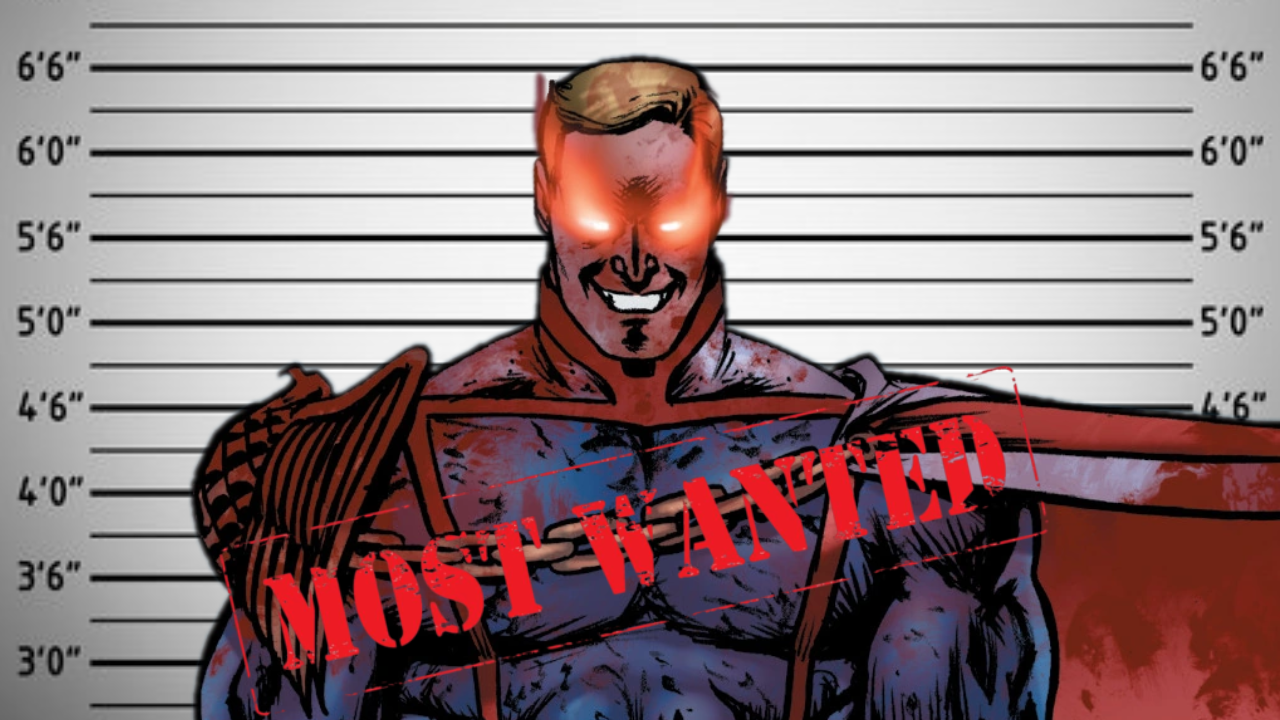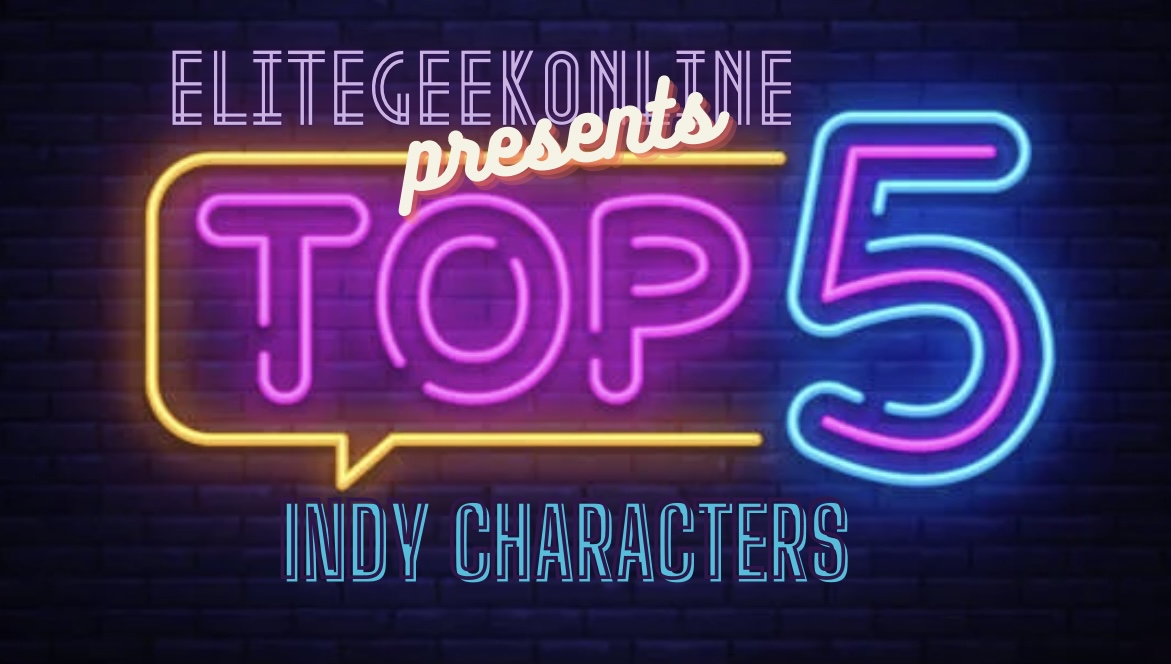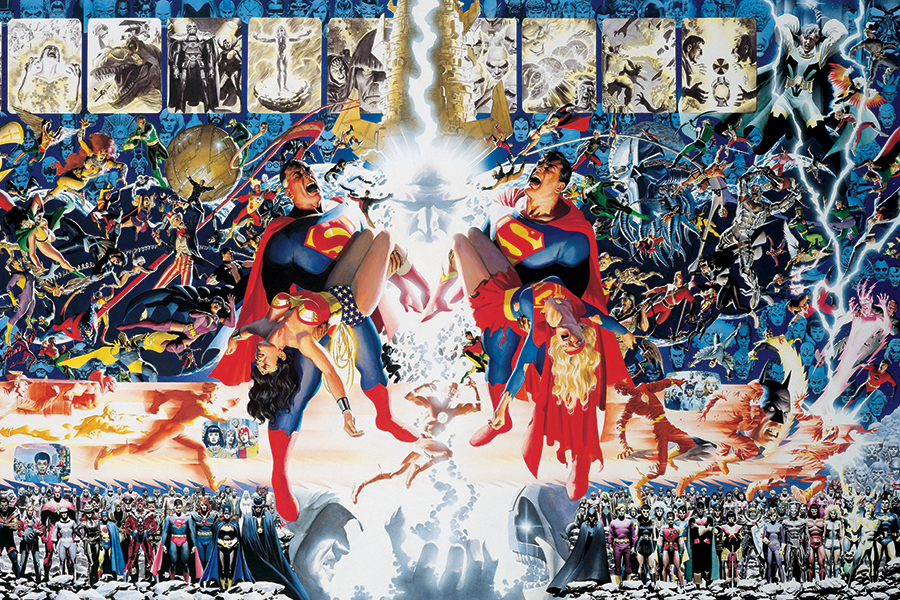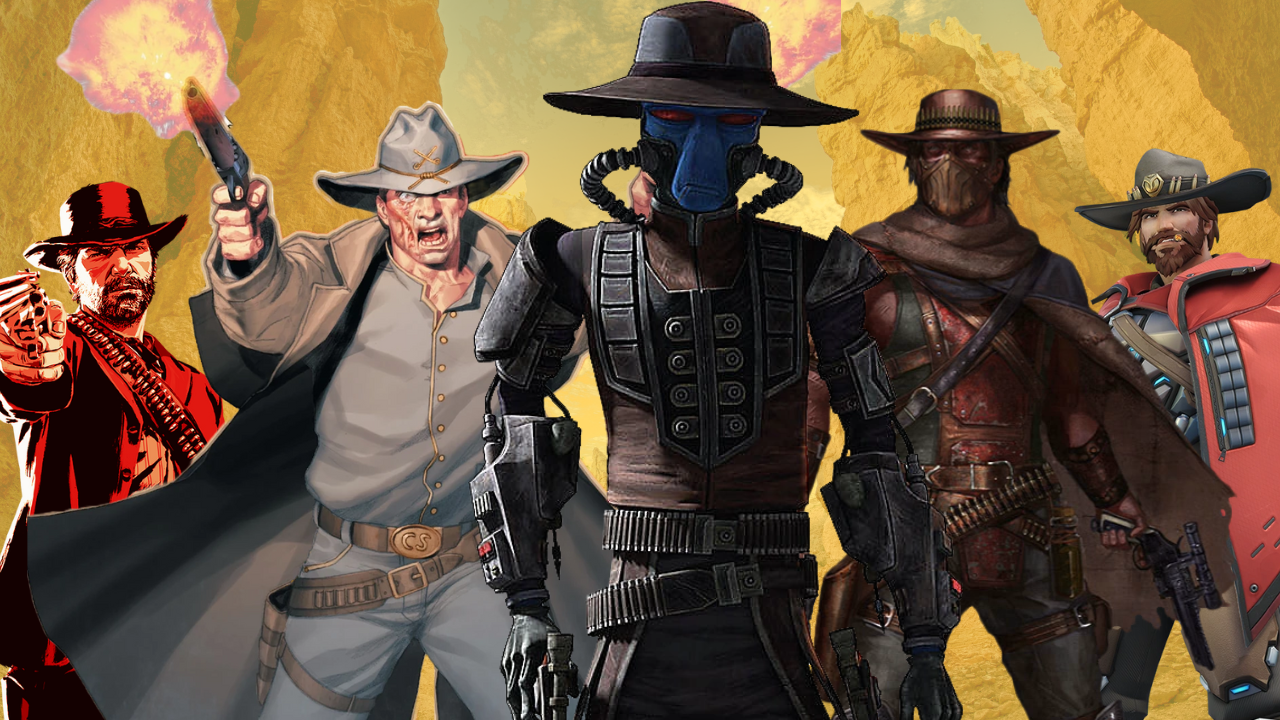Homelander, a central figure in “The Boys” comic series by Garth Ennis and Darick Robertson, is a character designed to explore the corrupting influence of absolute power. His story unfolds across the series, revealing the dark underbelly of the superhero world and the devastating consequences of unchecked authority. This history will detail his origins, rise to power, relationships, and ultimate fate, encapsulating his complex and often disturbing journey.
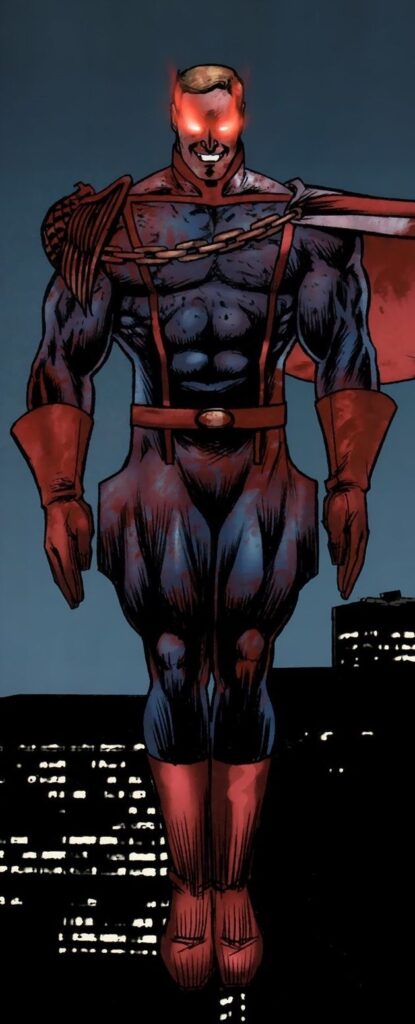
Homelander, originally named John, was born out of a secretive Vought-American project aimed at creating the ultimate superhero through genetic engineering. His origins are steeped in the dark side of scientific experimentation, with Compound V—a powerful substance capable of granting superhuman abilities—being introduced to his DNA while he was still in the womb. Unlike most other superheroes who were given Compound V after birth, Homelander’s powers were ingrained in him from the very beginning, making him one of the most potent beings on the planet.
Raised in a highly controlled environment by Vought-American, Homelander’s early years were characterized by a lack of genuine human contact. He was subjected to rigorous physical and psychological conditioning, designed to shape him into a flawless embodiment of American heroism. This upbringing was devoid of affection and normal human experiences, creating a deeply warped psyche that would later manifest in his actions.
Homelander’s immense power quickly propelled him to the forefront of Vought-American’s superhero roster. He became the leader of The Seven, the corporation’s flagship superhero team, modeled after iconic superhero groups like the Justice League. His abilities, including superhuman strength, flight, invulnerability, and heat vision, made him virtually unstoppable, cementing his status as the most powerful superhero in the world.
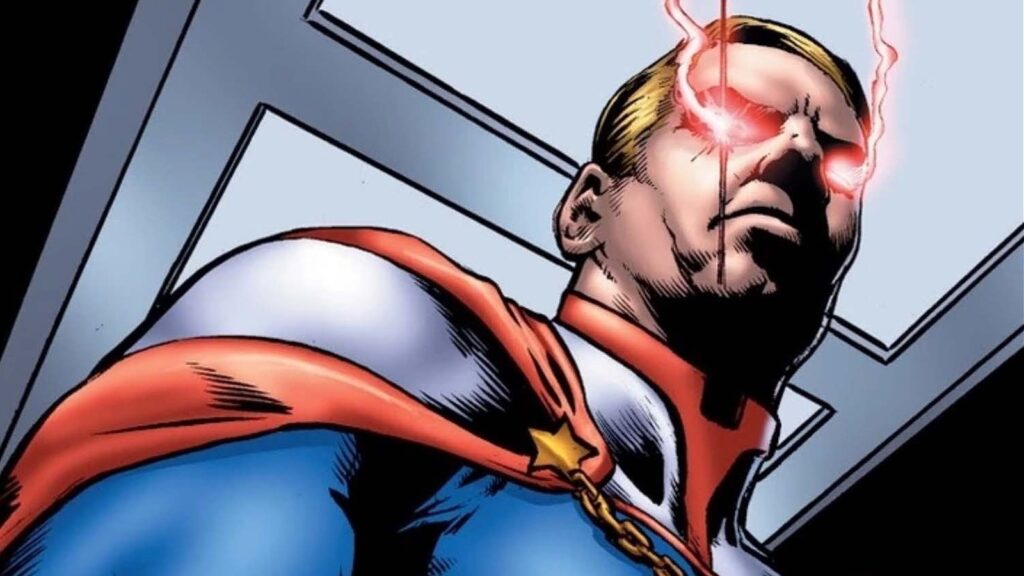
Publicly, Homelander was the epitome of heroism, embodying the idealized image of the American superhero. He was marketed as a paragon of virtue, always ready to protect the innocent and uphold justice. However, this public persona was a carefully constructed facade, masking a deeply disturbed individual. The pressure to live up to his manufactured image and the absence of genuine human connection had twisted his psyche, leading to an inflated ego, cruelty, and a growing sense of megalomania.
As the series progresses, the true nature of Homelander begins to surface. His encounters with The Boys, a group of vigilantes led by the relentless Billy Butcher, reveal his increasingly erratic and violent behavior. Butcher’s intense hatred for Homelander drives much of the series’ conflict, as he seeks to expose the corruption and depravity hidden behind the superhero’s public image.
Homelander’s behavior becomes more unpredictable and dangerous as he struggles to maintain his facade. He indulges in acts of violence, intimidation, and even murder, all while presenting a smiling, patriotic face to the public. His god complex and disdain for ordinary humans grow, leading him to question and ultimately challenge Vought-American’s control over him.
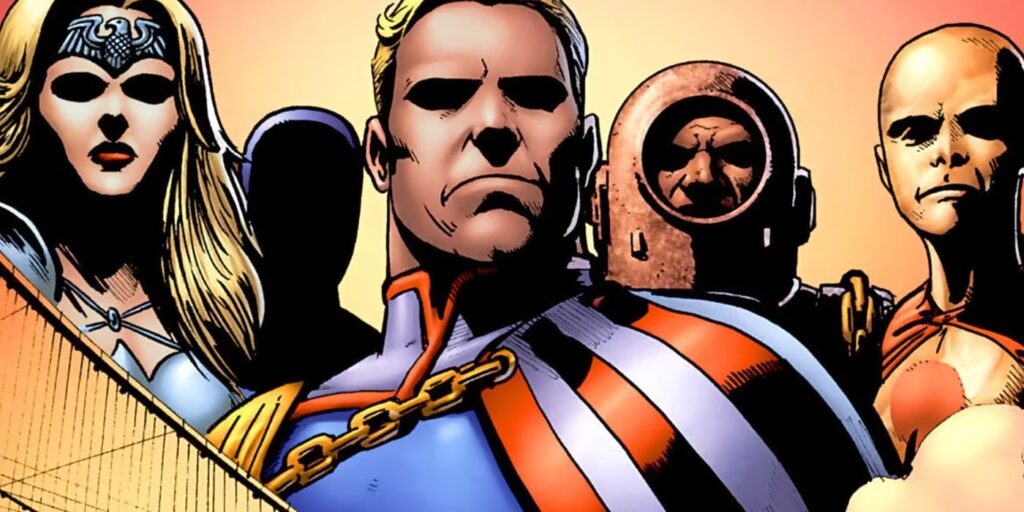
Homelander’s relationships with his fellow members of The Seven are complex and often antagonistic. While he demands loyalty and obedience, his disdain for them is evident. He views himself as superior to his teammates, treating them as mere tools to further his own ambitions.
Queen Maeve, the second-in-command, is one of the few who sees through Homelander’s facade. Their relationship is strained by mutual distrust and fear, with Maeve growing increasingly disillusioned by Homelander’s actions. Despite her own moral compromises, Maeve becomes a key figure in the resistance against Homelander’s tyranny.
The Deep, A-Train, and Black Noir also have complicated dynamics with Homelander. The Deep and A-Train are primarily motivated by their own selfish desires, often clashing with Homelander’s demands. Black Noir, however, holds a dark secret that becomes pivotal to the story’s climax.
One of the most shocking twists in “The Boys” comic series is the revelation of Black Noir’s true identity and purpose. Black Noir is revealed to be a clone of Homelander, created by Vought-American as a contingency plan in case Homelander became uncontrollable. This revelation adds a new layer of complexity to Homelander’s story, highlighting the depths of Vought-American’s manipulation and the inherent instability of their creations.
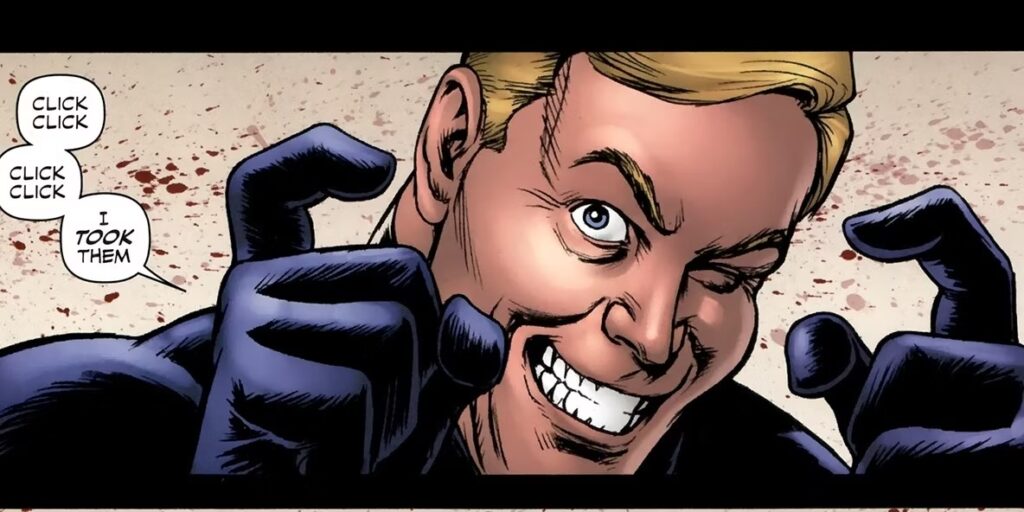
Black Noir’s mission was to monitor and, if necessary, eliminate Homelander. Over the years, Black Noir endured immense psychological torment, developing an obsession with Homelander and a desire to bring about his downfall. This revelation sets the stage for the series’ climactic events.
As Homelander’s sanity deteriorates, he becomes increasingly convinced that he should overthrow the U.S. government and establish himself as the supreme ruler. His god complex drives him to believe that he alone is capable of leading humanity to greatness. He begins to rally other superheroes to his cause, using his charisma and power to instill fear and loyalty.
Homelander’s coup attempt culminates in a brutal confrontation with The Boys and the U.S. military. His grand vision of a superhuman-led world order faces fierce resistance, leading to widespread chaos and destruction. It is during this climactic battle that the full extent of Black Noir’s plan is unveiled.
Black Noir reveals himself to Homelander, exposing the truth of his creation and purpose. In a final, devastating confrontation, Black Noir kills Homelander, fulfilling his mission. However, this act does not lead to the stability Vought-American hoped for, as Black Noir’s own insanity drives him to commit further atrocities.
Homelander’s death marks a turning point in the series, but it does not signify the end of the chaos. Black Noir’s rampage necessitates a final showdown with The Boys, resulting in his death and the ultimate dismantling of The Seven. Vought-American’s reputation is left in ruins, and the true extent of their corruption is exposed to the world.
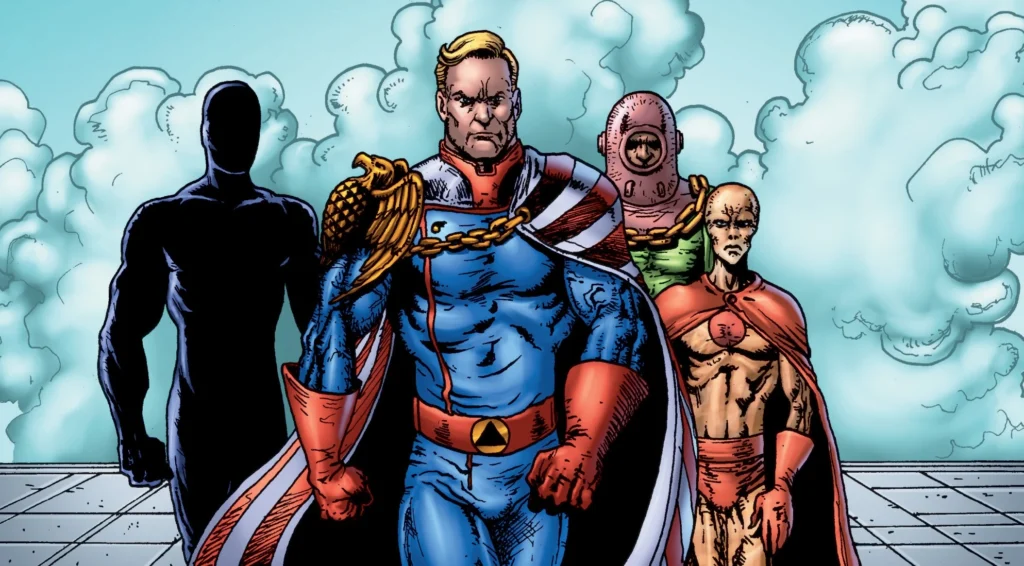
In the aftermath, the world grapples with the legacy of Homelander and the damage caused by Vought-American’s unchecked ambitions. The series ends on a somber note, highlighting the lasting impact of power and corruption on society.
Homelander’s story in “The Boys” comic series is a harrowing exploration of the dark side of superheroism. From his origins as a manufactured symbol of American might to his descent into madness and tyranny, Homelander’s journey is a cautionary tale about the dangers of absolute power and the fragility of the human psyche. His legacy serves as a stark reminder of the importance of accountability and the perils of unchecked authority.

